By Sufuyan Ojeifo
When the regime of former military president, General Ibrahim Badamasi Babangida, decreed the formation of two political parties in furtherance of his political transition programme in the ill-fated Third Republic, to wit: the National Republican Convention (NRC) and the Social Democratic Party (SDP), his essential consideration was to construct a two-party system that would simplify and predetermine political consciousness and ideologies in Nigeria.
The Babangida experimentation was novel against the background of the multi-party political system that had historically evolved through the praxis of previous regimes and administrations. And after the collapse of the Babangida’s transition, successive military regimes under the late General Sani Abacha and General Abdusalami Abubakar promoted a multi-party political system in order to encourage plurality of political ideologies, ideas and views.
The mediation by the Babangida regime, via its unfortunate and bogus programme of transition from military to democratic rule, created a community of political partisans that were either dressed in the garbs of democrats or republicans. The ideological construction was dependent upon, and circumscribed by membership of the two officially-recognized parties. It did not matter if they were indeed truly ideologically baptised or pretentiously celebrated.
Remarkably, there was no space for political neutrality or independence of ideological platform. Anyone who was interested in political participation must belong to either the SDP or the NRC. Centrism was a deviation from the ideological norm. The two-party system scorned centrism as an alien in the vortex of political engagements. Political partisans and the dimensions of their frenzy must be located within the ambit of the two parties. In a deliberate gambit to asphyxiate and rubbish any claims to the centre, one of the parties was therefore a little to the right and the other a little to the left of the centre.
The essence of the preamble supra is to properly situate and appreciate the importance of options or alternatives as a compelling factor that undergirds plurality of political views, ideas, choices and decisions in a democracy and/or a democratic milieu. And, this metaphor of alternatives vastly finds anchorage in the multi-party political system that has been incrementally reinforced by successive military regimes and civilian administrations after the Babangida diarchy.
With a multi-party political system in place since the advent of the Fourth Republic democratic rule starting with three parties in 1998/99, Nigeria presently boasts of ninety-one political parties, even though the governing party, the All Progressives Congress (APC) and the opposition Peoples Democratic Party (PDP) are predominant by virtue of their sizes, occasioned by the buy-ins of Nigerians, overtime. The freedom of choice of political parties to belong is exercisable by Nigerians.
But sixteen years of the PDP in the saddle of power at the centre as well as its dislodgment in 2015 by the APC has shattered the myth of incumbency factor in Nigeria’s presidential power politics. The narrative now is that it is possible to defeat a party in power. The APC provided a credible alternative in the 2014/2015 electioneering and more Nigerians voted for its candidate, Muhammadu Buhari, in the 2015 general election.
The significance of that development is the encouragement and evolvement of more credible alternative platforms, trustworthy presidential candidates and more exciting narratives about leadership ideals and ideas that can take Nigeria to the next level. Interestingly, Buhari’s APC promises to take Nigeria to the next level while the main opposition party, the PDP, with former Vice President Atiku Abubakar as its standard bearer, promises to get Nigeria working again.
Whereas both campaign slogans, much as they are laden with their unique selling points, are fraught with arguable flaws; there are, fortunately, so many other emerging strong platforms with credible presidential candidates who are manifestly committed to reposition Nigeria and rebuild her economy. One of them is the Action Democratic Party (ADP) that is fielding its foundation national chairman, Engineer Yabagi Yusuf Sani, as its presidential candidate in the February 16, 2019 election.
The ADP, which is committed to the actualisation of one destiny for the Nigerian people through progressive forward actions, is rapidly expanding its frontiers in terms of membership strength. The quality of its growing membership is enhanced by the magnitude of its political aims and objectives as well as its core values on good governance, servant leadership, transparency and accountability in aspects of governance and conduct.
It is worth mentioning that a good number of prominent Nigerians are jostling for elective positions on the ADP platform in 2019. The former Speaker of the House of Representatives, Dimeji Bankole is the party’s governorship candidate in Ogun State. Babatunde Gbadamosi is the governorship candidate in Lagos. Dr. Ese Owie, the son of Senator Roland Owie, who is a leaders of the party, is the candidate for Edo South Senatorial seat. There are many more.
But the most significant electoral exertion is the party’s interest in the presidential election through its candidate, Engineer Sani, who is a well grounded businessman and player in the oil and gas sector of the economy. He has also been a fine politician. His decision to offer himself for presidential service, according to him, is essentially to change leadership and governance narratives in Nigeria.
In specific terms, his presidency on the ADP platform would pursue the compelling desire to forge Nigeria into a united, progressive and egalitarian society. This mission is understandable against the backdrop of the divisive politics and leadership that currently afflict Nigeria. Engineer Sani is of the view that Nigeria has never had it so bad. He therefore said he would commit to changing the narrative.
Sani would also commit to change the narrative of irresponsible retardation in such critical sectors as education, health, infrastructure, security and economy. According to him, “power sector has collapsed resulting in backwardness in industrialization.” He observed that that no industry countrywide is working at its installed full capacity.
The presidential hopeful did not have to go on a historical voyage to lay the blame at the doorsteps of the Buhari government, which, though, he slammed for being clueless, inept and ineffective. But not given to harping on problems without proffering solutions, Engineer Sani, said his manifesto contained the right solutions and appropriate trajectory for Nigeria to exit poverty and hunger to become a nation of plenty.
His assurance: “I will join hands with other patriots to give Nigeria hope. My dream is to build a new Nigeria with equal opportunities for all our citizens irrespective of differences in religion, ethnicity, and political affiliations. We will pursue private sector-driven economy with all the prerequisites for job creation, infrastructure development, power and security, which will appreciably attract Direct Foreign Investments.”
In the effort to reposition Nigeria in line with the dreams of the nation’s founding fathers, there is a passionate call by Engineer Sani to teeming well-meaning Nigerians: “join me in the effort to rebuild and reposition our country.” Engineer Sani’s sharply-focused candidature is ADP’s offering to Nigerians in the 2019 presidential election.
Now that electioneering has begun, Engineer Sani has the opportunity to present a refreshingly different narrative to Nigerians. It is hoped he would be able to inspire the trust and belief by Nigerians in his capacity to act in substantiation of the claim of “action” in Action Democratic Party. Time will tell.
-
Ojeifo, editor-in-chief of The Congressw












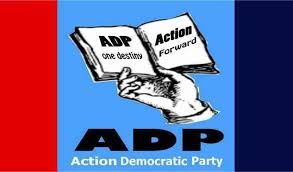

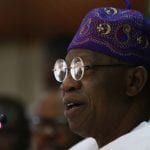
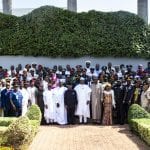




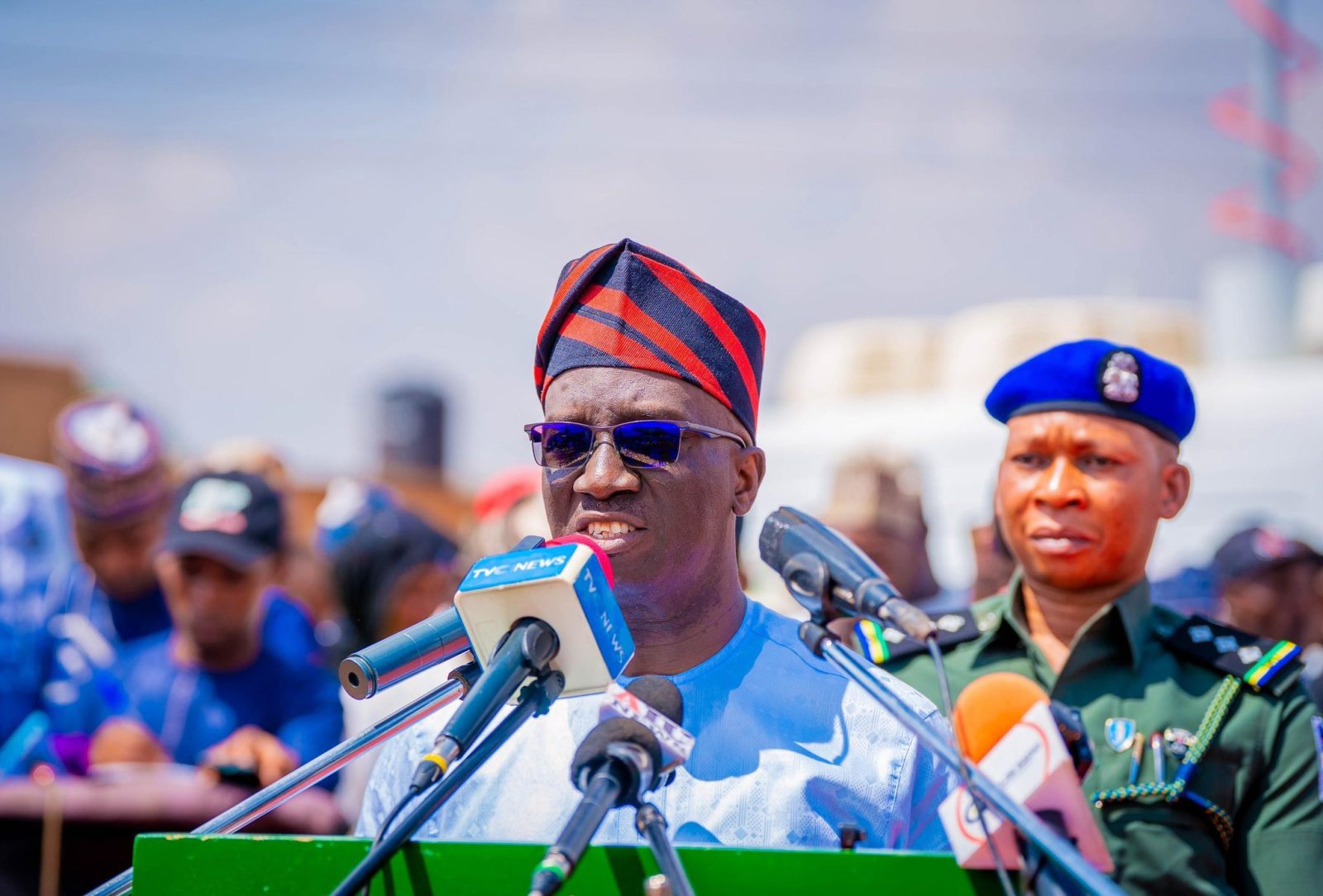

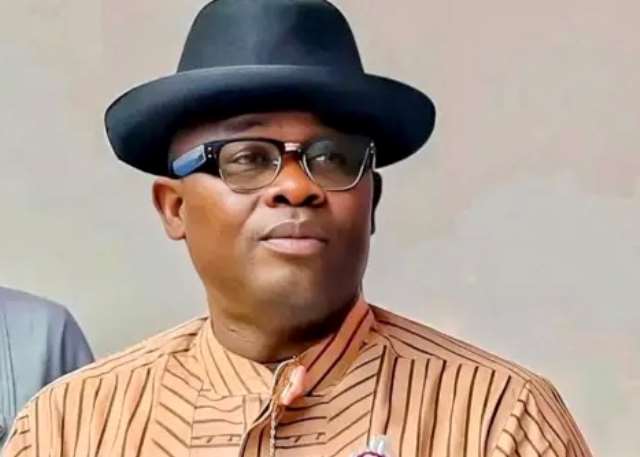

Leave a comment